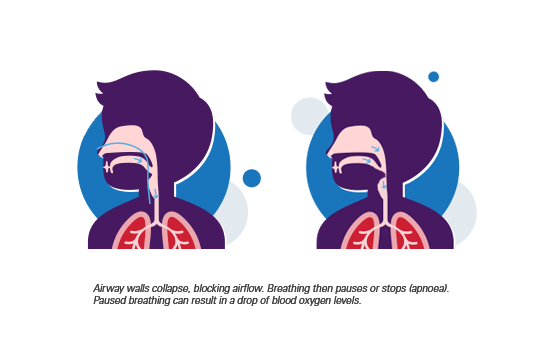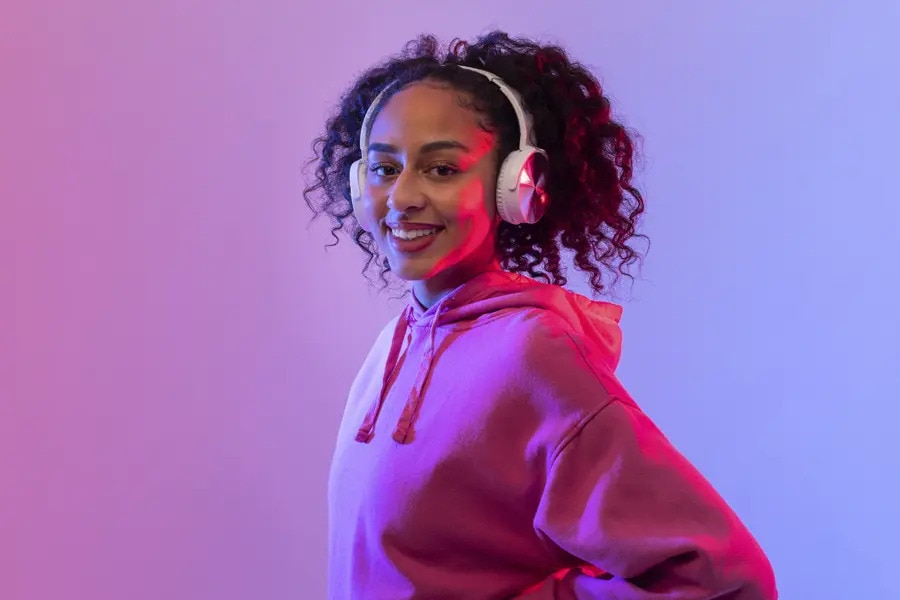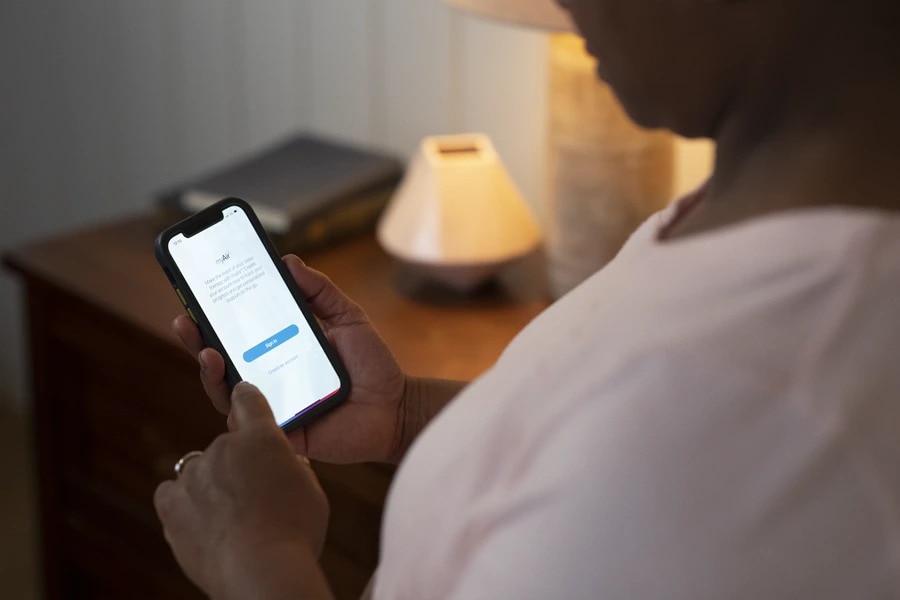Your results
The self-reported symptoms provided by you may be associated with a risk of having obstructive sleep apnoea.

What is sleep apnoea?
Sleep apnoea is a sleep disorder that causes your body to stop or reduce breathing while you sleep. Air may stop flowing to your lungs for 10 seconds or longer which can happen repeatedly during the night. Common symptoms of Obstructive Sleep Apnoea (OSA) may include excessive daytime sleepiness, snoring, morning headaches and mood changes.
This questionnaire should only be used as a self-assessment tool that may help you to identify if you have any user-indicated symptoms for general sleep issues. This symptom checker is intended for use only for general wellbeing purposes or to encourage or maintain a healthy lifestyle, and is not intended to be used for any medical purpose (such as the detection, diagnosis, monitoring, management or treatment of any medical condition or disease). Any health-related information provided by this device or software should not be treated as medical advice. Please consult a physician for any medical advice required. Your reliance on information obtained through the use of this is solely at your own risk. We recommend that you always consult your health care professional about the results of your Sleep questionnaire.
Conditions related to sleep health, such as snoring, partner snoring, acid reflux, fragmented sleep, or restless legs, are determined based on user-reported responses to questions about snoring, bed partner snoring, heartburn/acid reflux, light/poor sleep, and the need to move legs while sleeping in order to feel more comfortable.
This page may contain AI-generated synthetic video and voice media, e,g communicating your results to you.
References:
- Risk factors associated with Insomnia are based on common symptoms as specificed by the Mayo Clinic (Insomnia – Symptoms and causes Accessed 04 Jan 2023).
- Suni, E., & Smith, K. (2023, November 22). Snoring: The causes, dangers, & treatment options. Sleep Foundation. https://www.sleepfoundation.org/snoring
- Suni, E., & Wright, H. (2023, August 21). Interrupted sleep: Causes & helpful tips. Sleep Foundation. https://www.sleepfoundation.org/sleep-deprivation/interrupted-sleep
- Source: https://www.healthline.com/nutrition/17-tips-to-sleep-better#_noHeaderPrefixedContent Accessed 22 Mar 2023
- Source: https://www.mayoclinic.org/diseases-conditions/restless-legs-syndrome/diagnosis-treatment/drc-20377174. Accessed 22 Mar 2023
- Source: https://www.mayoclinic.org/diseases-conditions/bruxism/symptoms-causes/syc-20356095 Accessed 22 Mar 2023
Content last updated: 06/2025.






